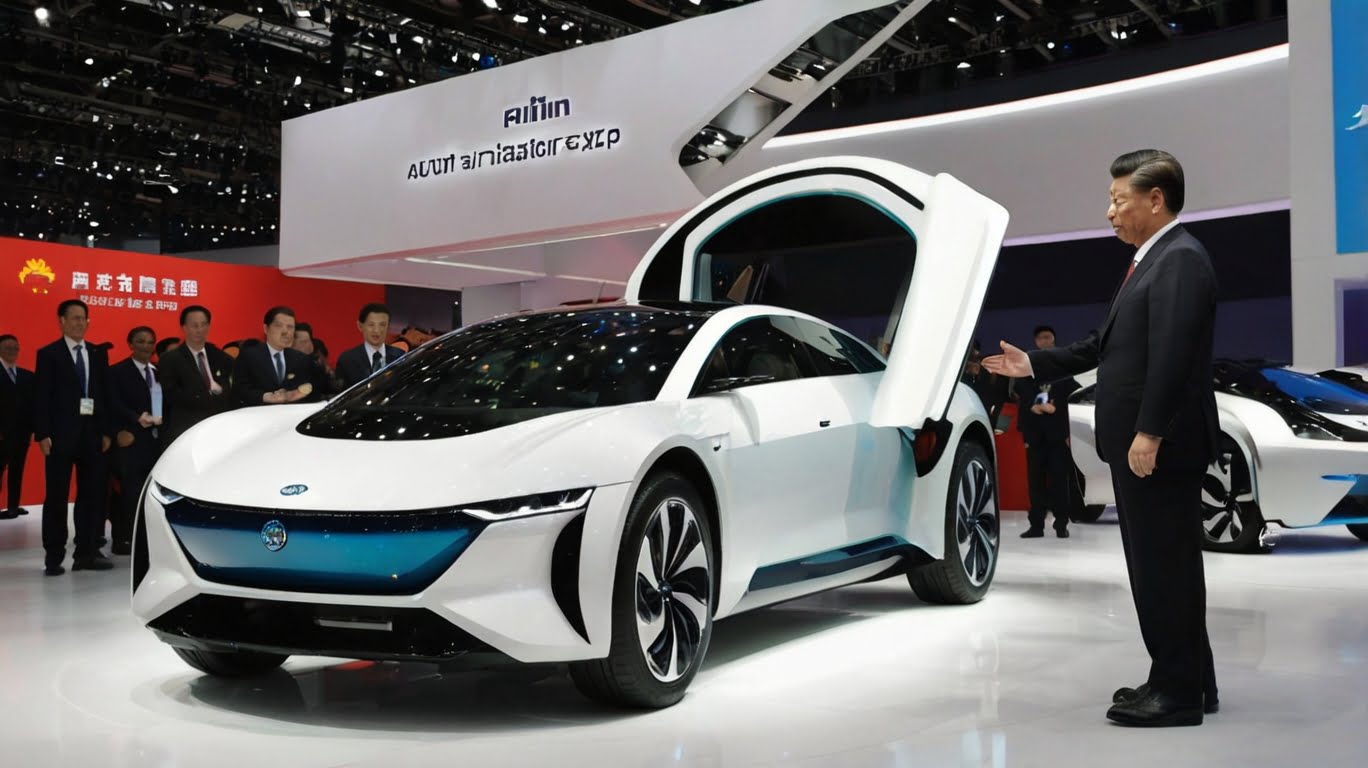A recent report by Bloomberg News reveals the secret behind the success of China’s electric vehicle (EV) market: significant government support. According to the study, China’s EV makers received at least $231 billion in government subsidies and aid from 2009 through the end of last year.
Scott Kennedy, a China specialist at the Center for Strategic and International Studies, explained that the government support included five main types:
- Nationally Approved Buyer Rebates: Financial incentives for consumers to buy EVs.
- Sales Tax Exemptions: Exemption from the 10% sales tax, which accounted for more than half of the total support.
- Funding for Infrastructure: Investment in infrastructure, mainly charging poles.
- R&D Programs: Funding for research and development programs for EV makers.
- Government Procurement: Direct government purchases of EVs.
Kennedy emphasized that these estimates are conservative and do not include additional regional support programs. Some cities like Shanghai, Shenzhen, and Beijing’s Changping District have local rebate programs to encourage switching from internal combustion engine (ICE) vehicles to EVs, but these were not included in the estimate due to their smaller scale and difficulty in tracking.
Quality and Competitiveness of Chinese EVs
Kennedy noted that Chinese EVs have significantly improved in quality, making them competitive globally. He stated, “If Chinese EVs were of poor quality, they wouldn’t pose a serious challenge to global automakers.” Independent analysts and Western automakers agree that Chinese EV makers and battery producers have made tremendous progress in energy intensity, range, reliability, design, infotainment systems, and autonomy capabilities.
Global Response: Increased Tariffs
In response to the competitive threat posed by subsidized Chinese EVs, the European Union (EU), the United States (US), and Canada have all announced increased tariffs on Chinese EV imports. The EU plans to raise tariffs to as high as 48%, while the US has already quadrupled its tariffs. Canada is also considering new tariffs.
Kennedy remarked on the need for Western governments to decide whether they want to allow Chinese EVs in their markets and how they plan to address this competition. The US and EU, despite both increasing tariffs, are taking different approaches to this issue.
Impact on the Indian Market
Should India be worried because of this? In a report by Reuters, India’s trade department said that the country’s car market is “well-protected” through high tariffs on the import of electric vehicles, at a time when other major economies like the European Union have slapped tariffs on Chinese EVs.
Last year, the Indian government rejected a $1 billion investment proposal from Chinese EV maker BYD to set up a manufacturing plant in India. Similarly, Great Wall Motor abandoned its $1 billion investment plan and laid off its employees in India due to regulatory challenges.
According to The Print, over the past four years — since April 2020, when the rules for bordering nations were brought in — India has approved 124 of a total of 526 investment proposals, rejected 201, and about 200 are pending. Of the 526, a majority were from China.
Ajay Srivastava, co-founder of the policy think-tank Global Trade Research Initiative (GTRI), highlighted the presence of several Chinese companies in India, including BYD Auto, which offers a range of EVs, and other firms like Changan Automobile and Jinko Solar.
While the EU, US, and Canada are taking measures to protect their markets, India remains relatively protected due to its high tariffs on EV imports. As the global EV market continues to evolve, it will be crucial for governments and automakers worldwide to adapt to the competitive landscape shaped by China’s heavily subsidized and rapidly advancing EV industry.

